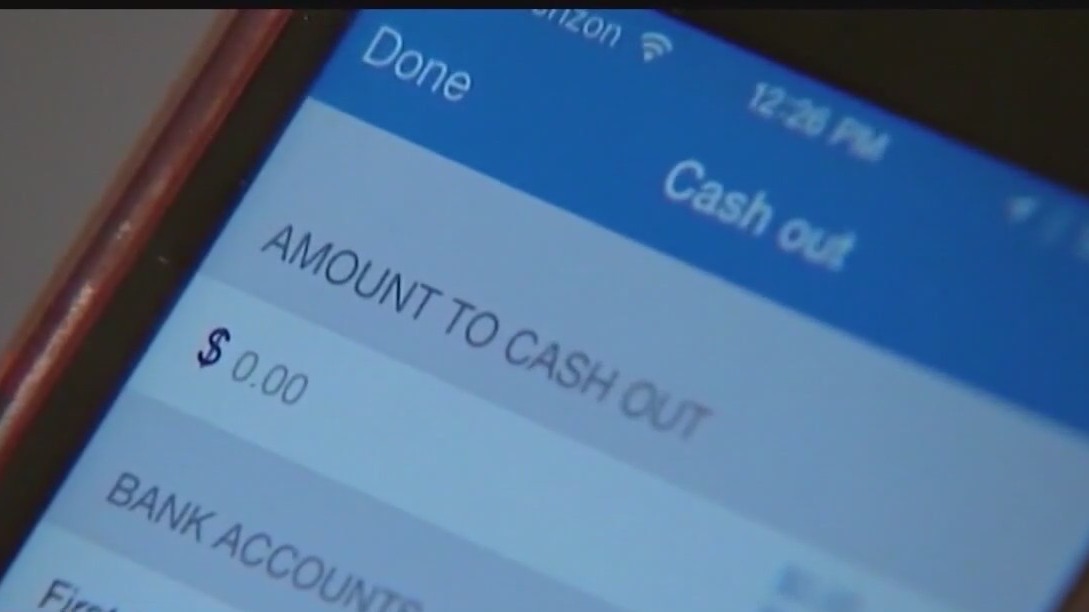Delayed IRS reporting rule to require many Venmo, Cash App users to pay taxes

IRS rule to make Cash-App, Venmo more complicated
With the new year comes new responsibilities. A new rule, that's been delayed a year will require taxes be paid on many Cash-App, Venmo, and Pay Pal transactions, and a lot of people are not too happy about it. FOX 26's Business Reporter Tom Zizka reports more on the changes coming to the mobile transaction apps.
HOUSTON - The new year comes with new responsibilities for the tens of millions of Americans who use mobile-payment apps, like Venmo and Pay-Pal. A new rule, that's been delayed a year, will require taxes to be paid on many of those transactions, and there are a lot of people not happy about it.
As a college student, Laine Zizka doesn't make a lot of money yet, so she supplements her income with odd jobs like babysitting and dog-watching, while she splits utility bills with her roommate. All of those transactions happen through mobile-payment apps.
When Congress passed the $1.9 trillion American Rescue Plan in 2021, there was a provision that requires taxpayers, who earn at least $600 from those mobile platforms, to declare and pay taxes on it.
SUGGESTED: Secure 2.0 Act brings changes to your retirement savings
The previous threshold for declaring that income was $20,000. While there's a provision to differentiate between personal expenses and money-making, it makes a convenient transaction, more complicated. "Let's say you forget to check it as a personal kind of expenditure; that could mess everything up, which is quite annoying," says Zizka, "There's a lot of room for error, and it makes me kind of nervous."
Houston financial advisor Rich Rosso is not a fan of the government's plan. "They're looking at a way to tackle the 'gig-economy', which continues to grow."
A NerdWallet survey estimates nearly 80% of Americans use mobile-payment apps, with more than half using them to buy things online, purchase from strangers or pay for services. The government expects the change will collect more than $8 billion in taxes.
Rosso believes the $600 threshold is designed to get a foothold into where more people are making their money. "What the government sees is more people need to make a living, of cobbling-together employment through the gig economy," he says.
While the IRS has delayed the new reporting rule for a year, Rosso believes concerns from lawmakers and advocacy groups may, well, make it more lenient before it goes into effect. Meantime, if you use these apps, make sure that personal expenses like splitting a bill or sending a gift are marked 'personal' so that no one has to pay taxes on it.

